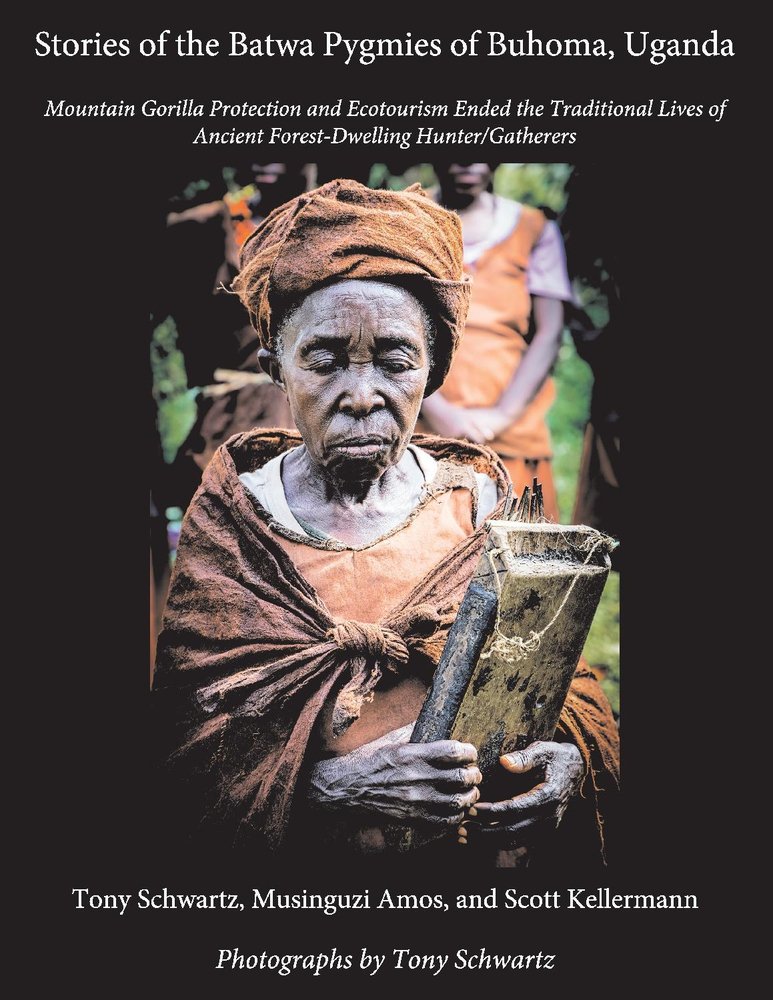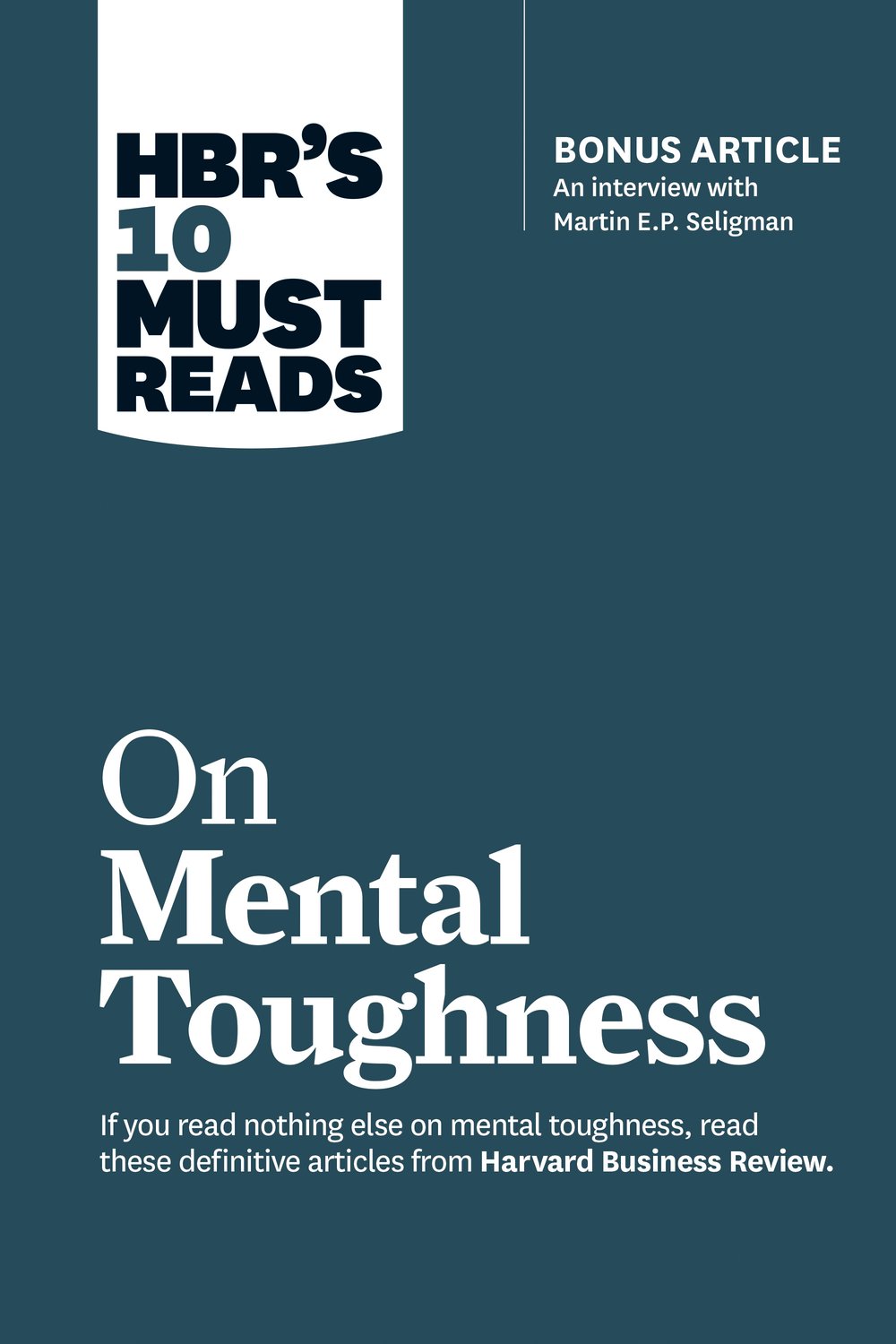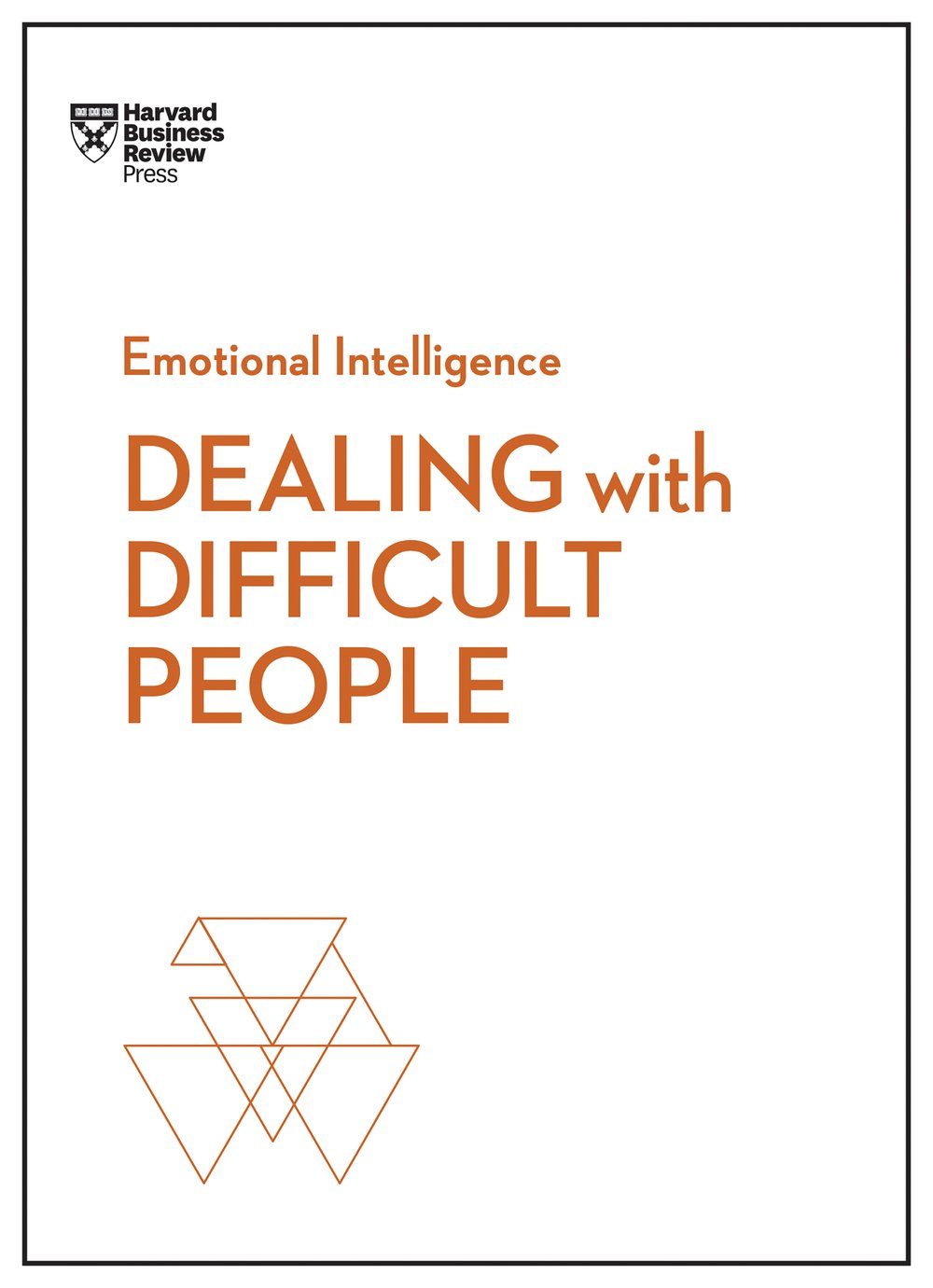Stories of the Batwa Pygmies of Buhoma, Uganda
Mountain Gorilla Protection and Ecotourism Ended the Traditional Lives of Ancient Forest-Dwelling Hunter/Gatherers

Attempts to protect endangered animal species often have negatively impacted powerless indigenous people living traditional lifestyles. This photo-essay illustrates one such example: How the laudable effort to protect "Critically Endangered" mountain gorillas (and income-producing ecotourism) has affected the Batwa Pygmies of southwest Uganda, in East Africa. Until very recently, mountain gorillas were listed as "Critically Endangered" by the International Union for Conservation of nature (IUCN). Because of efforts at conservation, associated with income from ecotourism, the number rose to 680 in 2008, and by September 2016, to 880. In November 2018, the IUCN estimated that there were over 1,000 gorillas in Uganda, the Democratic Republic of Congo and Rwanda, and so they changed the classification of mountain gorillas from Critically Endangered to Endangered. The other subspecies of the eastern gorilla, Grauer's gorilla, is still listed as Critically Endangered, as are both subspecies of western gorilla (cross river and western lowland gorillas). The small-statured, hunter/gatherer Twa have lived for millennia in the forests of central Africa. The Twa of Uganda are known as Batwa Pygmies. There is evidence that the Batwa are one of the oldest races on earth. They are monotheistic, have a creation story predating Judaism that closely resembles the Garden of Eden story, and a language that may have influenced Indo-European languages (Hallet & Pelle, 1973). The population of Twa living in Rwanda, Burundi, Uganda and eastern Democratic Republic of Congo, has been estimated at 86,000 to 112,000, with approximately 6,700 Batwa residing in Uganda. Roughly 600 live in Bwindi. Despite nearly a 100% illiteracy rate among the adults, the Batwa have a rich oral tradition; many of their stories and legends having been passed down for countless generations. Since the dawn of man, the mountain gorillas and the Batwa lived alongside one another in the Bwindi Impenetrable Forest of Uganda. In 1992, however, the Batwa were evicted from that forest, when it became a national park, and was designated as a World Heritage Site. This occurred for the stated purpose of protecting endangered mountain gorillas. It is likely, however, that the Ugandan government also sought to protect the increasingly popular, income-generating ecotourism industry. Many of the Batwa now live in Buhoma, a village in which one of the park entrances is located. The Ugandan government has provided the Batwa with no reparation, jobs, or housing assistance. Nor have the Batwa shared in any income associated with ecotourism. In the year 2000, co-author Dr. Scott Kellermann found that 8 years after the eviction, 38% of the Batwa children died before their 5th birthday, translating to a life expectancy of only 28 years. Their annual mean income was $25. Despite improvements in their condition since then, they remain classified as "ultra-poor," i.e., they live on less than $0.80 per day. In December 2017, photographer Tony Schwartz interviewed nine Batwa. Photographs were acquired during the interviews, and demonstrations by the Batwa of how they previously had existed in the forest. They gave personal accounts of their former way of life, told a story derived from their ancient and rich oral history, and related the devastating and deadly effects the eviction has had on their lives and culture. We have reported these individual stories, experiences and perceptions, as it is our belief that the fabric of a people is comprised of individual threads.This book documents two opposing impacts of an effort to protect endangered wildlife. On the one hand, the population of mountain gorillas has increased associated with their protection. On the other hand, this has come at great expense to the Batwa Pygmies.

Born in New York, NY. Veterinary surgeon and immunologist. DVM, Cornell University, Ithaca, NY; PhD-Medical Microbiol./Immunol, & surgical residency, the Ohio State University, Columbus, OH; Diplomate, American College of Veterinary Surgeons. Faculty Positions: The Ohio State University College of Vet. Med.; Yale School of Medicine; Tufts University's Cummings School of Veterinary Medicine-Professor and Chair, Surgery Department & Associate Dean, retired 2005-Professor Emeritus. Resides Boston, MA and Peru, VT, with wife Claudia. Son Tom, daughter-in-law Carolynn and grandsons Zeke and Arlo live in Madison, WI; son Eric lives in Boston.PHOTOED:Courses: New England School of Photography, Boston, MA, 2006-2008, Cone Editions, East Topsham, VT, 2005Workshops: USA and Canada, with Karin Rosenthal, 2009-2016, Tanzania, with Rosanne Pennella, 2009, Mexico with Jo Brenzo and Dan Burkholder, 2003, and Jo Brenzo, 2006 AWARDSBoston Camera Club, Boston, MA, Latimer Print Competitions – 1ST Place Awards for year: Special Topics, 2007-2008, All-Around Prints 2008-2009, 2009-2010, 2011-2012Cape Cod Art Association, Brewster, MA "The National," 1ST Place, Photography, 2017Gallery Seven, Maynard, MA, Honorable Mention, "About Face," 2014; Best in Show, "Reflected," 2015New England Camera Club Conference, Amherst, MA, Judge's Selection, 2008New England Camera Club Council Inter-Club Black & White Print Competitions: 1ST Place, Winter 2009; 1ST Place, Autumn 2011; 1ST Place, Spring 2012, 2nd Place, Print of the Year, 2012 Santa Fe Workshops Portrait Competition, Hon. Mention, 2017South Shore Arts Center, Cohasset, MA, 58th Annual Arts Festival, 3rd Place, Black & White Photography, 2013WPGA Gala Awards 2nd Charles Dodgson Award finalist, 2017SOLO EXHIBITIONSCopley Society of Art, Boston, MA, 2013, 2017Goddard House, Brookline, MA, 2008Griffin Museum of Photography, SoWa Gallery, Boston, MA, 2018Southern Vermont Arts Center, Manchester, VT – 2012, 2013 PRINT EXHIBITIONS – Juried, Curated/InvitedInternationalGallery Valid Foto, Barcelona, Spain, 20185th Biennial of Fine Art & Documentary Photography, Barcelona, Spain, 2018 National and Regional:Belmont Gallery of Art, Belmont, MA, 2014Bennington Museum, Bennington, VT, "The Festival Reimagined", 2015Cape Cod Art Association, Brewster, MA, "The National," 2014, 2017, 2018; "All New England," 2015Cape Cod Museum of Art, Dennis, MA, "Structures & Remnants: Landscapes and the Human Presence," 2015Charles Fine Arts, Gloucester, MA, "Flowers and Elegant Objects," 2017Copley Society of Art, Boston, MA, multiple, 2007-2018Dark Room Gallery, Essex Junction, VT, "Natural Realm", 2015, "The Face," 2017.Gallery Seven, Maynard, MA: "Holiday Art Show," 2012; "About Face," 2014; "Reflected," 2015; "Feast-Images of the Edible," 2016Museum of Fine Arts, Boston, MA, "Summer Party Silent Art Auction," 2015Photographic Resource Center, Boston University, Benefit Auction, 2012Rocky Neck Art Colony, "Clothing Optional," 2013Southern Vermont Arts Center, Manchester, VT, multiple, 2007-2016South Shore Arts Center, Cohasset, MA, "Photography Now," 2013; 58th Annual Arts Festival, 2013Vermont Center for Photography, Brattleboro, VT – multiple, 2005-2006, 2012, 2017 PERMANENTTufts Cummings School of Veterinary Medicine, North Grafton, MA, 2010- ONLINE"Ecotourism ended the traditional lives of Uganda's Batwa Pygmies." Social Documentary Network, 2018-REPRESENTED BY: 3 Pears Gallery, Pawlet, VT and 3 Pears Gallery on the Green, Dorset, VT, 2013-JURIED ARTIST MEMBERSHIP: Copley Society of Art, Boston, MA, 2010; awarded "Copley Artist," 2011 PHOTOBOOKS"Kids & Kin: Near & Far - Same yet Different," Blurb, 2013"Claudia's Doll and Other Windows," BookBaby, 2016; 2nd Ed, 2017 "Stories of the Batwa Pygmies of Buhoma, Schwartz, A. Musinguzi, A., and Kellerman, S., BookBaby, in press, 2019LICENSING AGENT: Suzanne Cruise Creative Services, Leakwood, KSMusinguzi Amos was born and raised, along with 14 siblings, in Buhoma Village, Uganda, near the Bwindi Impenetrable National Park. His father died when he was 10 years of age, making the life of the family very difficult. Despite this, Amos completed his primary education (in the Kanyashande Primary School and the Buhoma Community Primary School) in 2003. Thereafter, he attended secondary school, and with the aid of sponsorship he completed studies at the Nyamiyaga Secondary School in 2007, and High School in the Science Class of Kigezi College Butobere (2009). He then completed a course in Comprehensive Nursing at Rakai Community Nursing School in 2012. In December 2017, he graduated with a BS degree in Nursing from the International Health Sciences University, now the Clarke International University, in Kampala, Uganda. Amos has stated that he is the first person in his village to have completed a BS degree. He looks forward to attaining a masters degree in the forthcoming years.Scott Kellermann is a native of Marblehead, Massachusetts, USA. He received a BS in Mathematics and Biology at the University of Virginia, Charlottesville, and an MD degree from Tulane University Medical School, New Orleans, Louisiana. He then interned in Obstetrics and Gynecology at Los Angeles County Hospital, California, completed a residency in family practice at the Santa Monica General Hospital, California, a year of surgical residency at the Touro Hospital in New Orleans, Louisiana, and finally a MS in Public Health and Tropical Medicine from Tulane University. Scott has Certification in Travel and Tropical Medicine and Board Certification in Family Practice. A canon in the Episcopal Church, Dr. Kellermann practiced Tropical Medicine as a medical missionary at the Shanta Bhawan Hospital in Kathmandu, Nepal. Subsequently, he was in private practice in Nevada City, California, where he was a founder of a medical clinic that has become the major health care provider for Nevada County. In addition, he helped start a hospital near Tijuana, Mexico. Scott was awarded a Fulbright Scholarship for 2017-2018, which was spent at the Uganda Nursing School, Bwindi Community Hospital. In 2001, Scott and his wife Carol settled in Bwindi, Uganda as missionaries of the Episcopal Diocese of Dallas. There, while serving as a consultant to the Bwindi Community Hospital, Scott surveyed the health status of the Batwa, and then worked among them to deal with their medical needs. In 2004, Scott and Carol established the Kellermann Foundation, which is dedicated to supporting displaced Batwa Pygmies in all areas of development (through the Batwa Development Program - BDP) and to providing high-quality healthcare to the Batwa and their neighbors in southwest Uganda. As noted above, besides establishing the Bwindi Community Hospital, in 2013 he founded the Uganda Nursing School in Bwindi. Scott considers that perhaps his "best accomplishment is getting people from all walks of life to collaborate on a project on the other side of the globe."



